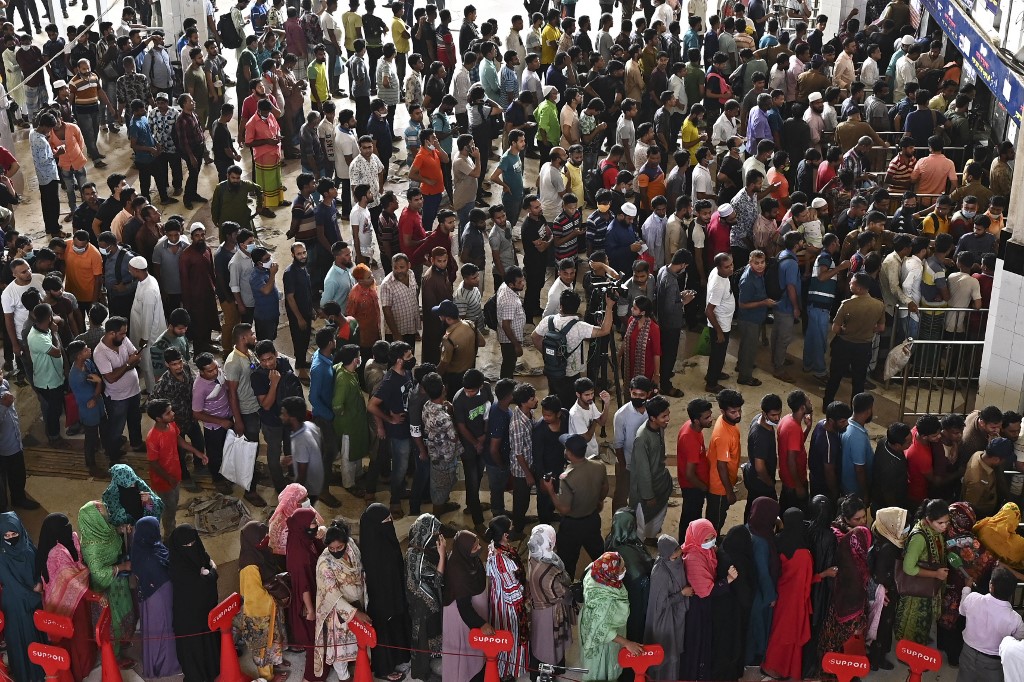DHAKA: Eid holidays could prove to be a coronavirus superspreader event in Bangladesh, experts said on Friday, as the number of new cases has risen to its highest level since February.
Millions of Bangladeshis, who no longer wear masks or follow other pandemic precautions, have started to travel home, where they will gather at mosques, markets and family celebrations during the holiday that will start on Saturday evening and run through July 13.
The exodus to rural areas from urban centers — where most of the new COVID-19 cases have been recorded — comes as the average daily caseload has risen to nearly 2,000 from just about 50 one month ago, according to data from the health ministry. The last time the daily average hit this high was in late February.
“Observing the infection rate, we were fearing a new wave in this time. Probably, we are at the peak of transmission,” Dr. Mohammad Mushtuq Husain, a public health expert and adviser to the government-run Institute of Epidemiology Disease Control and Research (IEDCR), told Arab News.
“Many people are traveling to the countryside areas during this Eid Al-Adha. It may trigger further spread of the virus. We may witness another round of increase in infection rate after two weeks of the festival.”
He said the new outbreak was fueled by a new sub-variant of omicron — the highly transmissible strain of COVID-19 which wreaked havoc around the world last year.
Dr. A.S.M. Alamgir, former chief scientific officer at IEDCR, said the current pandemic situation was a “cause of concern” as he blamed the spike in infections on public defiance of health rules.
“We are experiencing an infection rate of around 17 percent now,” he told Arab News. “It’s a new wave in the country.”
About 10 million Bangladeshis are expected to travel home for Eid from the capital Dhaka alone, where crowds of people have been flocking to railway and bus stations over the weekend.
“I am fearing to get infected,” said Forhad Hossain, a 43-year-old traveling from Dhaka to Gaibandha in the country’s north. “There is no way to maintain social distancing while traveling during Eid. Buses are overloaded.”
But for people such as Lovely Begum, a 35-year-old who was traveling to Jamalpur, some 135 km from the capital, there was no other time she could travel as the days before Eid were the only ones when she could take time off.
“We have holidays on Eid only for couple of days,” she said, after taking a cramped train from Dhaka. “I had no other options since my parents are living in a village.”




